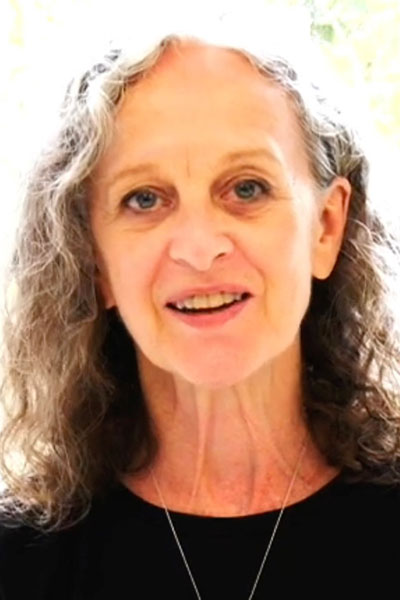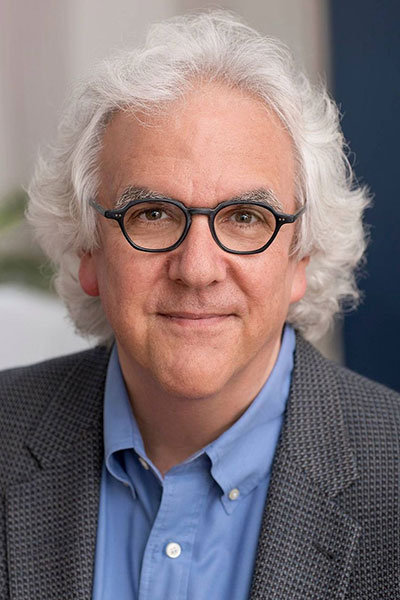Narrative medicine aims to strengthen clinicians’ practice through three movements: attention, representation, and affiliation. Experience in narrative practices can help clinicians look and listen more carefully, communicate more clearly, bond more effectively with patients and the care teams, and even mitigate burnout. Representation through writing is a powerful tool, a way for clinicians not only to process what’s happening in the clinic and build stronger clinical relationships, but also to create space for personal reflection.
During The Fundamentals of Narrative Medicine, two experts will discuss how healthcare providers wishing to share their personal stories can write effectively and poignantly. This session will take place on Monday, Nov. 18, from 3–4 p.m. ET in Room 201 of the Walter E. Washington Convention Center and be available on demand within 48 hours for registered ACR Convergence 2024 participants.

Catherine Rogers, MFA, MS, Associate Director and Lecturer in the Program in Narrative Medicine at Columbia University, will discuss the fundamentals of narrative medicine and offer guidance on narrating the personal story.
“I think that many clinicians would like to write about things that have occurred in their practice, but often they don’t know where to start. Or when they do start, what comes out on the page doesn’t look like what they are thinking, what they want to convey to the reader,” Ms. Rogers said. “This workshop will offer an experiential jumpstart into their intuitive, creative, storytelling selves and offer some tools for noticing and reporting the stories happening in their daily lives and practices.”
Stephen Fried, BA, Senior Staff Associate in the Department of Medical Humanities and Ethics, and Director of the Narrative Medicine Journalism Workshop at Columbia, will discuss the fundamentals of medical journalism.

Essay writing only goes so far, and spaces for essay writing in general-interest publications have shrunk. Reporting on the bigger field is something that people need to learn how to do, yet there are few places to do so.
“My goal here is to make other people understand that in the larger world of narrative medicine, there is also a nonfiction journalistic style of teaching, which we think is important, and will be interesting for some doctors who did not know that there was a separate area of it,” Mr. Fried said.
In narrative medicine, people tend to think their goal is to write about something that has already happened to them. In his workshop, Mr. Fried will encourage attendees to think beyond what has happened to them and add to what they know.
“We’re trying to help them use the fact that they’re a doctor narrator to their best advantage and also to become better reporters,” Mr. Fried said.
Register Today for ACR Convergence 2025

If you haven’t registered for ACR Convergence 2025, register today to participate in this year’s premier rheumatology experience, October 24–29 in Chicago. All registered participants receive on-demand access to scientific sessions after the meeting through October 31, 2026.
